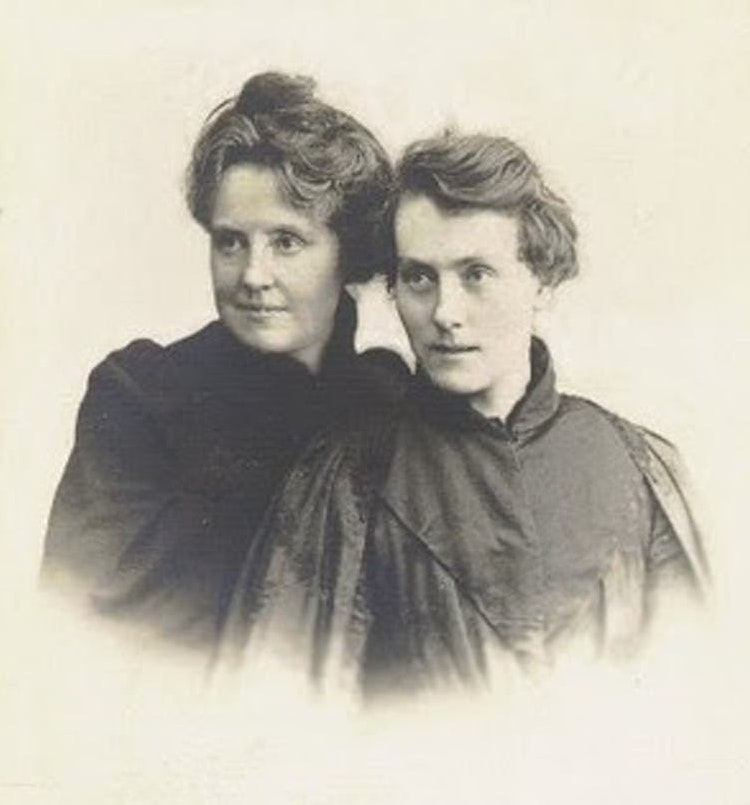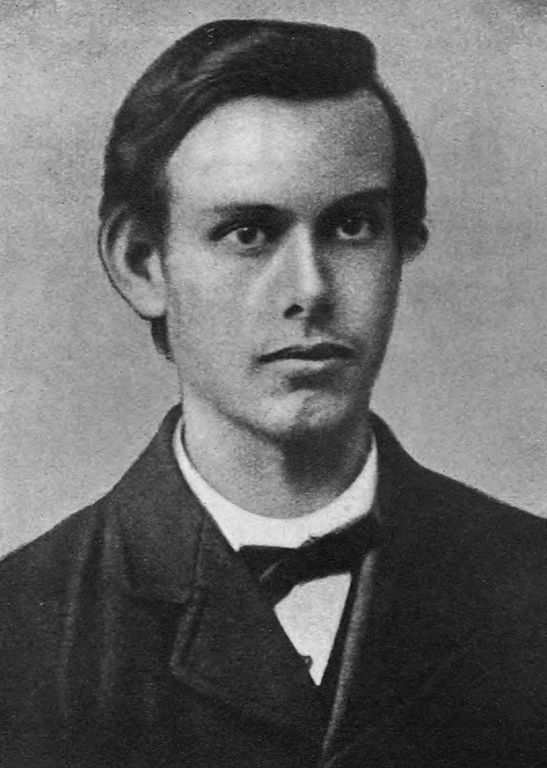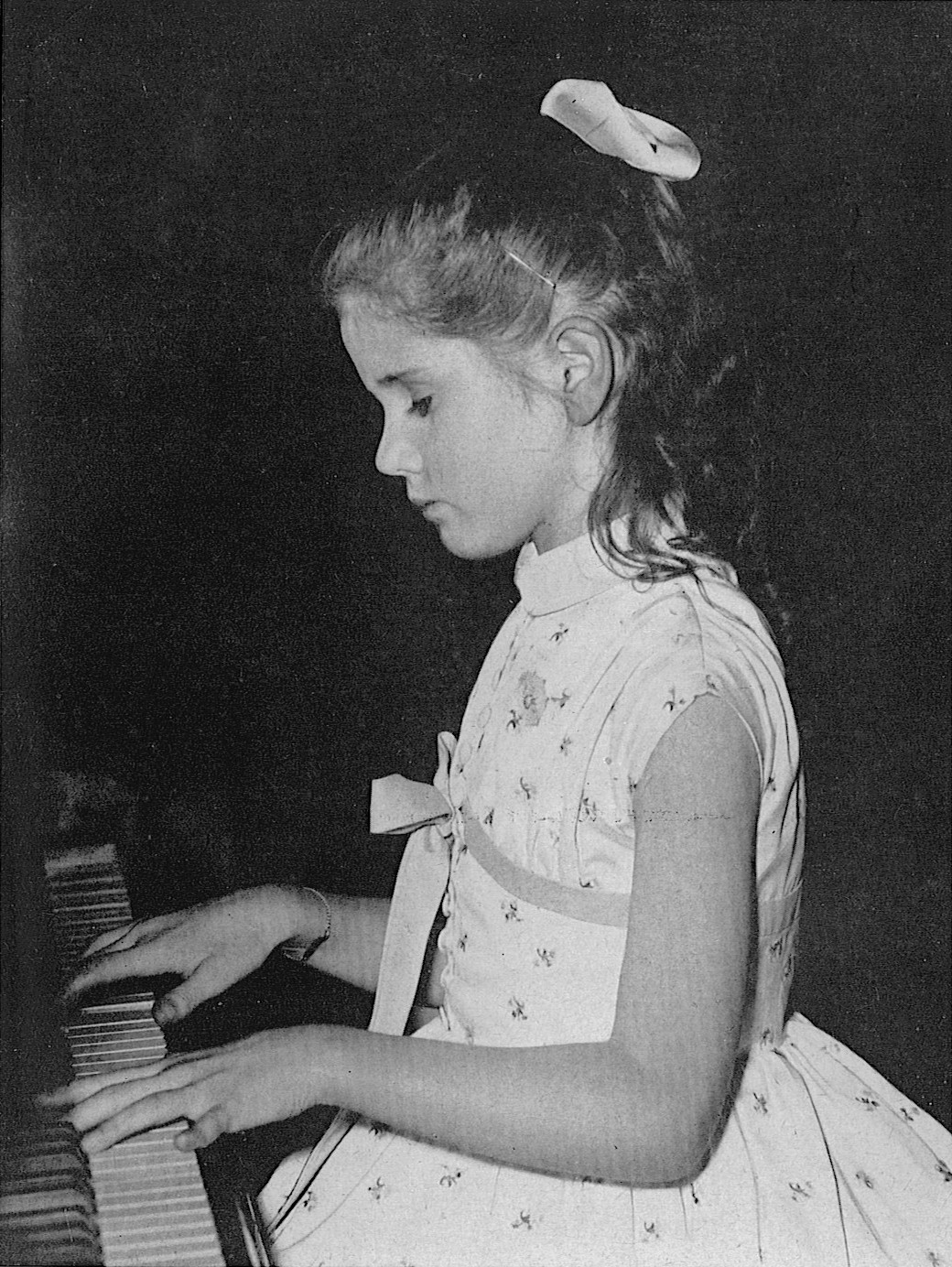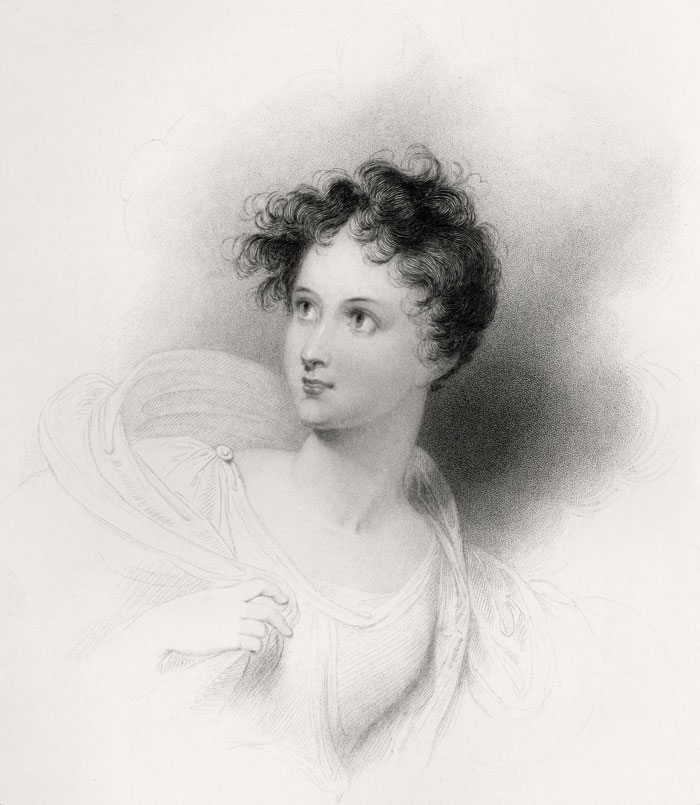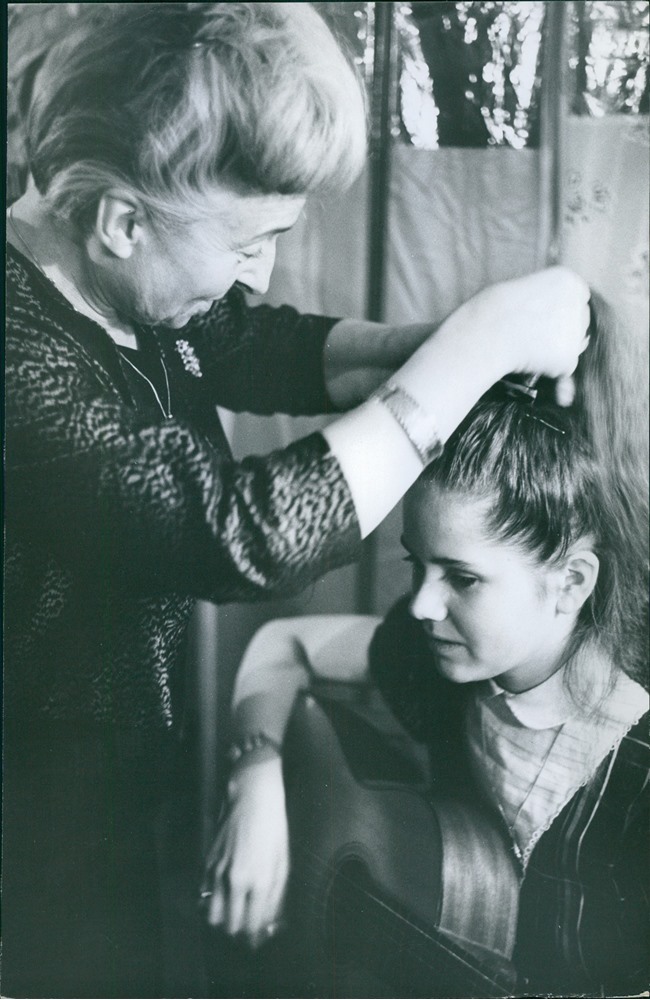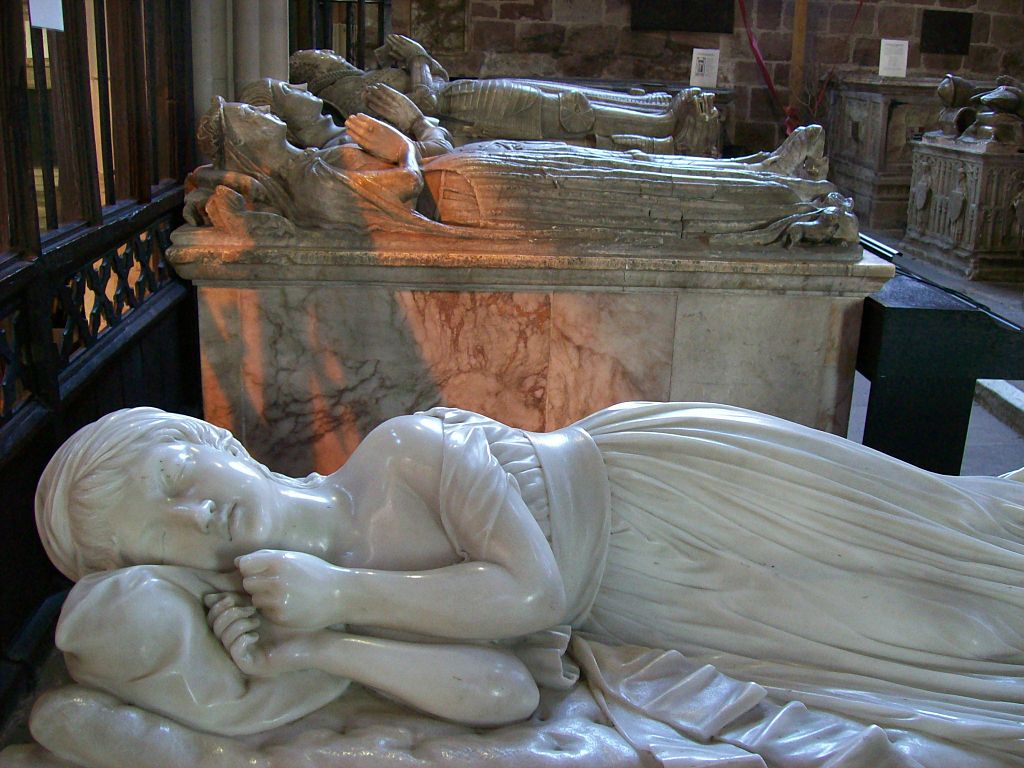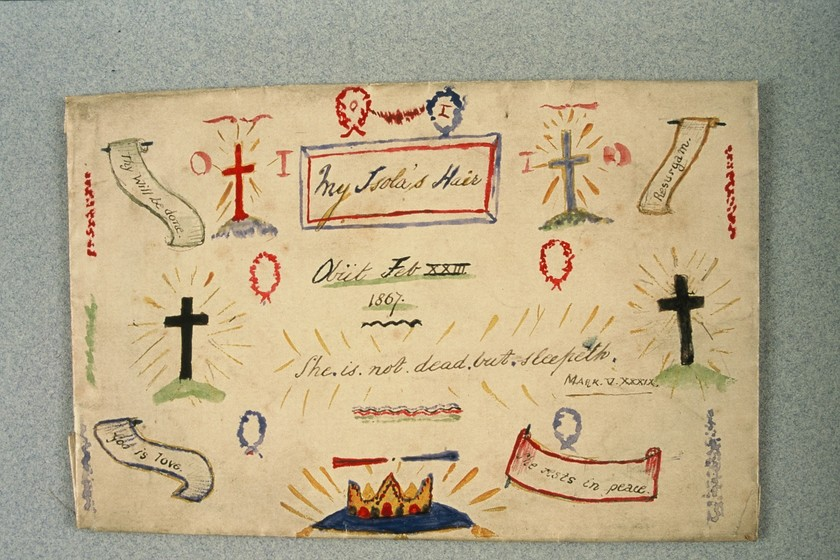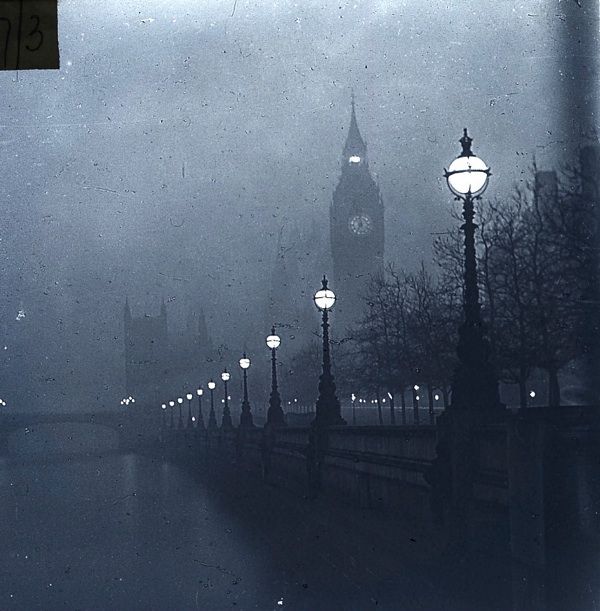
As it describes Ernest Dowson’s look and behaviour, this strange text has been included in the edition by Flower & Maas of Dowson’s letters. The ghost-like appearance of a repulsive man who seems a living dead carrying mould from his own grave, but who also notices every movement of Dowson and Thurston, seems quite surrealistic. But it is also a dire testimony to the poverty and misery that existed in London at the end of the 19th century.
This text relating events at the end of the 1890’s is undated, but it mentions the 1932 film Cynara directed by King Vidor, it was thus written more than 30 years after the incident. CONTINUE READING / CONTINUER LA LECTURE…


